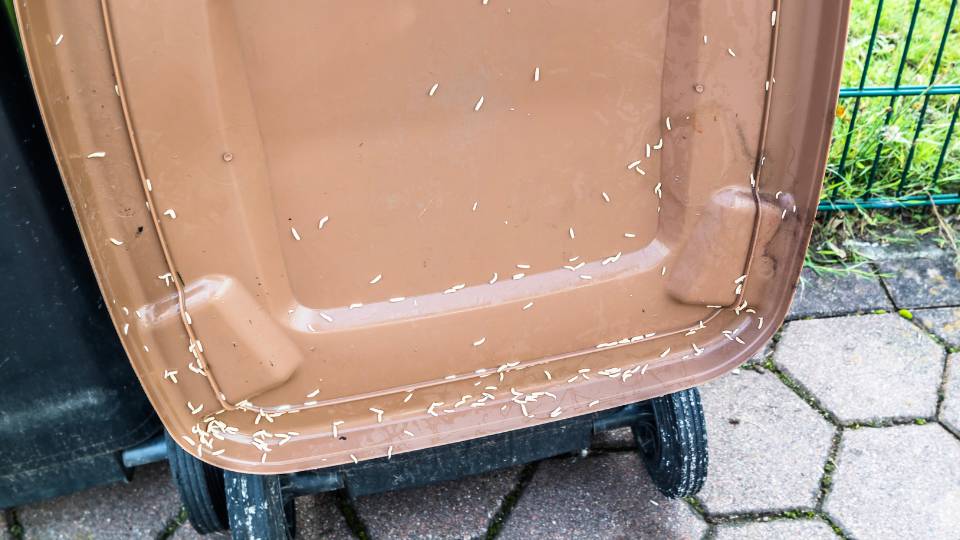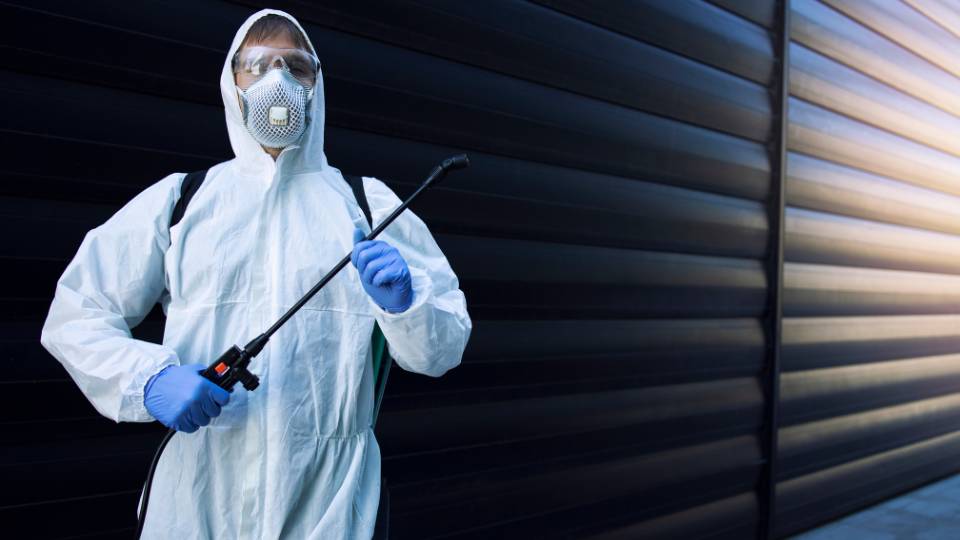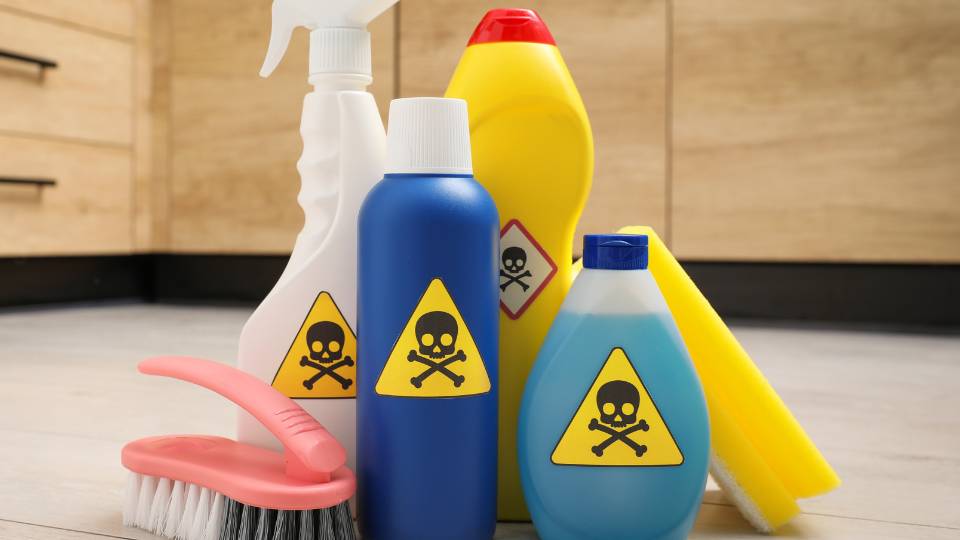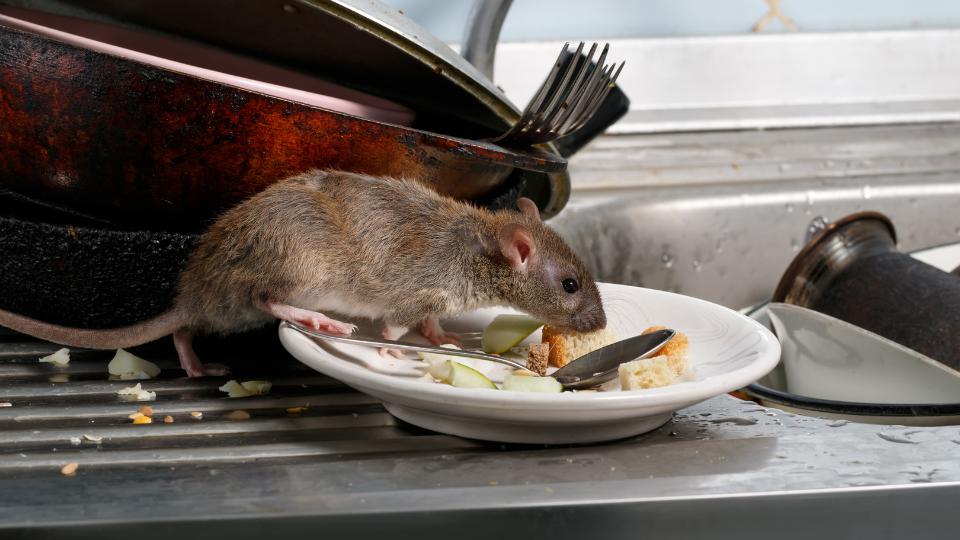
Starting a new food business comes with numerous challenges and responsibilities, one of which is ensuring that your premises remain free from pests. Pest control is a crucial aspect of maintaining the integrity and reputation of you business in the Food Industry.
This blog post will delve into the importance of pest control in the food industry, highlighting key reasons and practices to safeguard your business, environment, and customers.
Table of Contents
- What is Pest Control?
- Why do Food Businesses Need Pest Control?
- What Problems Can Pests Cause Food Businesses?
- Types of Pests in the Food Facility
- Conclusion
What is Pest Control?
Pest Control involves the regulation and management of species defined as pests, which can be detrimental to health, the environment, and the economy. In the food industry, effective pest control is essential because pests can contaminate food products, leading to health risks for consumers.
By implementing pest control measures, food businesses can ensure a hygienic environment, prevent economic losses, and comply with legal regulations.
Why do Food Businesses Need Pest Control?
Food businesses need pest control to protect their products and customers. Pests such as rodents, insects, and birds can invade food facilities, causing contamination and significant damage. Effective pest control measures help in:
- Ensuring compliance with health and safety regulations.
- Maintaining high standards of cleanliness and hygiene.
- Protecting the business’s reputation and customer trust.
- Preventing financial losses due to damaged goods and potential fines.
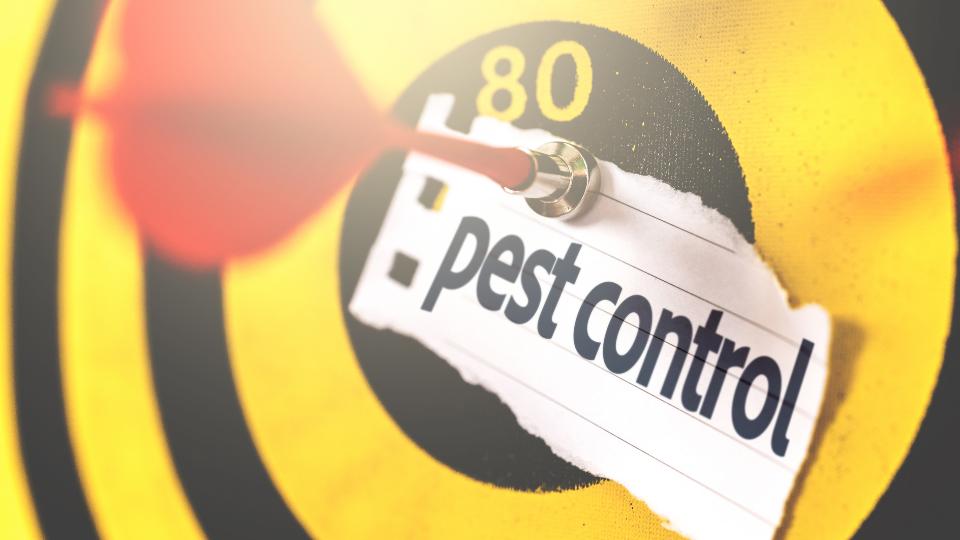
What Problems Can Pests Cause Food Businesses?
Pests pose various problems for food businesses, including:
- Contamination: Pests can introduce pathogens into food products, causing foodborne illnesses.
- Damage: Rodents can chew through packaging and wiring, while insects can spoil stored products.
- Regulatory Issues: Failure to manage pests can lead to violations of health regulations, resulting in fines or closures.
- Reputation: Visible pests or reported instances of contamination can severely damage a business’s reputation, leading to a loss of customers.
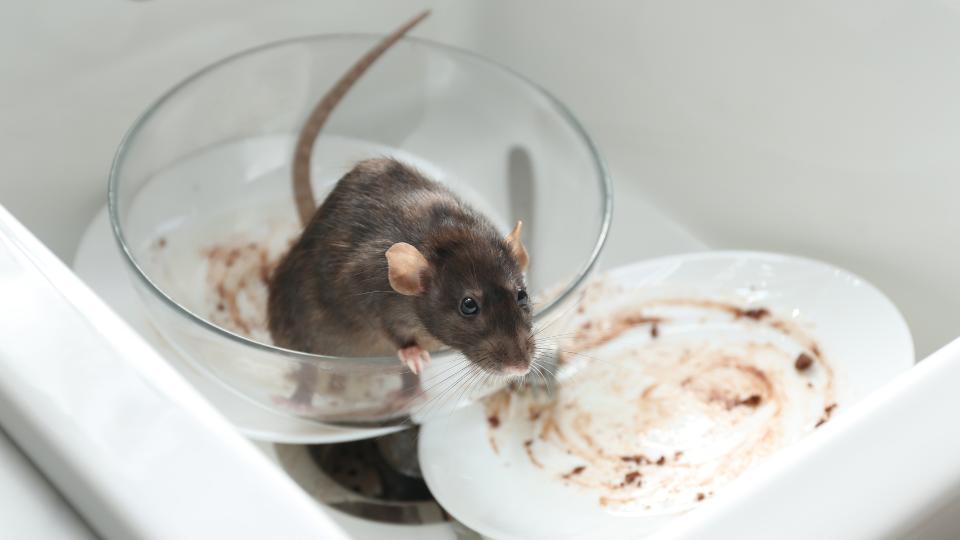
Types of Pests in the Food Facility
Several types of pests can invade food facilities, each presenting unique challenges:
- Rodents: Mice and rats can contaminate food with their droppings and urine and can also cause structural damage.
- Insects: Flies, ants, cockroaches, and beetles are common in food facilities, where they can spread bacteria and spoil products.
- Birds: Birds can introduce parasites and leave droppings that contaminate food and surfaces.
- Stored Product Pests: These include insects like weevils and moths that infest stored food products.
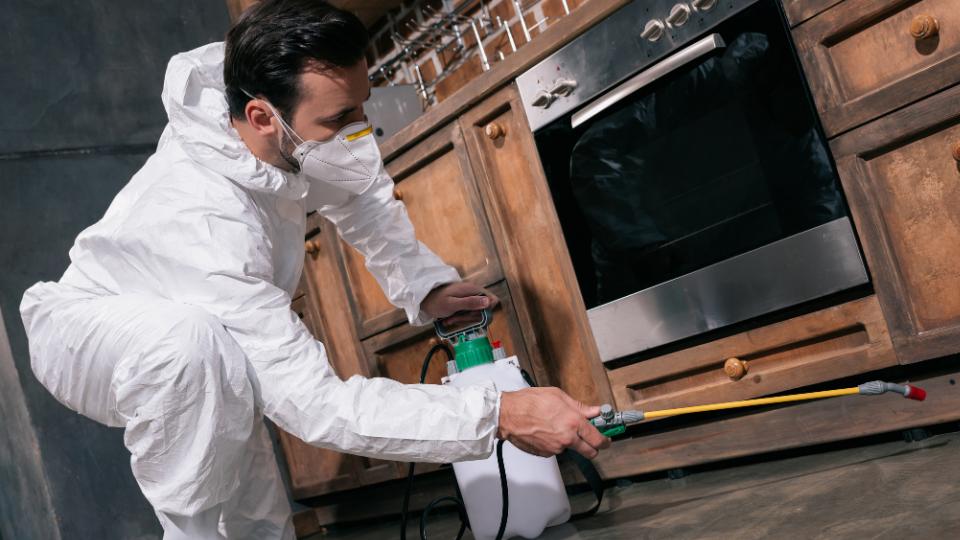
Conclusion
Pest control is a vital aspect of operating a successful food business. By understanding its importance and implementing robust pest management strategies, new food businesses can protect their products, customers, and reputation.
Ensuring a pest-free environment not only complies with regulatory standards but also fosters customer trust and loyalty, essential components for any thriving business in the food industry.

